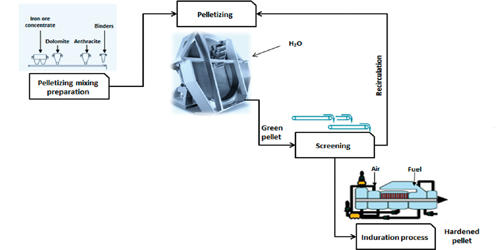While mentally stimulating activities and life experiences can improve cognition in memory clinic patients, stress can disrupt this positive link. This is according to a new Karolinska Institutet study published in Alzheimer’s & Dementia: The Alzheimer’s Association Journal.
In the late 1980s, researchers discovered that some people who had no obvious signs of dementia throughout their lives had brain abnormalities compatible with an advanced stage of Alzheimer’s. It has recently been proposed that so-called cognitive reserve may explain for the variable protective impact observed in individuals.
These results might have clinical implications as an expanding body of research suggests that mindfulness exercises and meditation may reduce cortisol levels and improve cognition. Different stress management strategies could be a good complement to existing lifestyle interventions in Alzheimer’s prevention.
Manasa Shanta Yerramalla
Cognitively stimulating and rewarding life events and behaviors, such as higher education, difficult professions, ongoing physical and leisure activities, and good social connections, all contribute to cognitive reserve. However, high or persistent stress levels are linked to fewer social interactions, a diminished capacity to engage in leisure and physical activities, and an increased risk of dementia.
Karolinska Institutet researchers investigated the relationship between cognitive reserve, cognition, and Alzheimer’s disease biomarkers in 113 patients from the memory clinic at Karolinska University Hospital in Huddinge, Sweden. They also looked into how physiological stress (cortisol levels in saliva) and psychological stress (perceived stress) affect this association.
Greater cognitive reserve was found to improve cognition, but interestingly, physiological stress appeared to weaken the association.

“These results might have clinical implications as an expanding body of research suggests that mindfulness exercises and meditation may reduce cortisol levels and improve cognition,” says the study’s lead author Manasa Shanta Yerramalla, researcher at the Department of Neurobiology, Care Sciences and Society, Karolinska Institutet. “Different stress management strategies could be a good complement to existing lifestyle interventions in Alzheimer’s prevention.”
The limited sample size limits the potential of drawing strong inferences, yet the findings are applicable to similar patient groups. Furthermore, because stress disturbs sleep, which disrupts cognition, the researchers accounted for sleeping drugs; however, they did not account for other features of sleep that could impair cognition.
“We will continue to study the association between stress and sleeping disorders and how it affects the cognitive reserve in memory clinic patients,” according to Dr. Yerramalla.
















